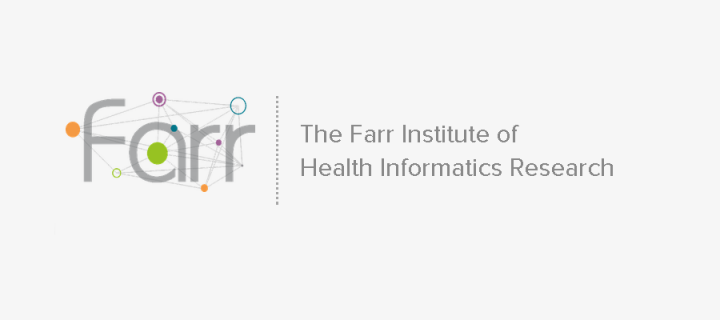Data Linkage
The Research Data Linkage Service, with the support of NHS Lothian Analytical Services and NHS Lothian eHealth, has identified and acquired for research use a number of NHS Lothian and NRS datasets.
Datasets
| These datasets include: | The RDLS can be used to link cohorts with, for example: |
|
|
CHI-Linked Scottish Health Records
Scotland has some of the best linkable health service datasets in the world, due in part to the adoption in the 1970s of a centrally maintained unique identifier allocated to all GPregistered patients. This numbering system, the Community Health Index (CHI), puts Scotland in the unique position of affording researchers the opportunity to link an array of principal health care datasets - e.g. inpatient, outpatient, prescribing, and SMR data - for around 95% of the general population. Compared with the rest of the UK, data quality is high, the centralisation of data is efficient, and the comprehensive computerisation of routine clinical data, alongside the mandated use of the CHI number for all health episodes, means that access to data for research is becoming easier and less expensive.
About the Service
The Research Data Linkage Service works in partnership with the NHS Lothian Research Safe Haven, which is one of a network of regional safe havens in Scotland, providing record linkage of routinely held Lothian data for the purpose of furthering research.
The NHS Lothian Research Safe Haven Coordinators are a team of analysts and data specialists based within NHS Lothian and the University of Edinburgh. They can explain what information is available and help you to decide which variables would be useful for your study. They can help you to define your requirements for data linkage, preparation of data extracts, and any analyses required.
Initial enquiries should be made using the contact box details below. ECTU will provide a contact form for you to inform the Safe Haven of the nature and purpose of your research, and to allow the Safe Haven to determine whether your proposal is feasible in terms of available data and safe, secure, and anonymised data linkage.
The Farr Institute

The Farr Institute is an MRC-funded, UK-wide collaboration involving 19 universities across the UK to develop the safe use of patient and research data for medical research across all diseases (Safe Haven). The Institute builds on the four e-health informatics research centres (HeRCs) recently funded by a consortium of three Research Councils, three health departments and four leading medical research charities, bringing the total investment to £39million.
Combining expertise
Innovative research
The Institute’s independent research will support innovation in the public sector and industry leading to advances in preventative medicine, improvements in NHS care and better development of commercial drugs and diagnostics. It will also provide new insights into the understanding of causes of ill health, which in turn will guide new biomedical research discovery. In addition to health benefits for patients and UK citizens, the Institute will help to cement the UK’s reputation as a world leader in research using large electronic health data.
The Scottish Centre
The Scottish Centre, led by Professor Andrew Morris from Dundee, has a national UK wide network coordinating role. In addition to the existing accommodation in Dundee, it will develop a physical base in 9 BioQuarter, Edinburgh where researchers from all participating institutions can work. The Farr institute will be underpinned by a network of NHS Safe Havens which will develop anonymised datasets based on patient records and provide access to them for Farr Institute and other researchers in a way which ensures that individual level data does not leave the NHS.
Professor Andrew Morris - profile at the University of Dundee
National Safe Haven and Electronic Data Research and Innovation Service (eDRIS)
The national Safe Haven and Electronic Data Research and Innovation Service (eDRIS), which is run by National Services Scotland Information and Statistics Division (ISD), will be based in the Farr Institute building in Edinburgh.
The Lothian Regional Safe Haven provided access to data from NHS Lothian via the Scottish National Safe Haven. In practice this service has now been incorporated within DataLoch’s remit, to avoid duplicated effort and to create a single route for research data requests for service users. Information about DataLoch can be found at dataloch.org or by contacting dataloch@ed.ac.uk.

